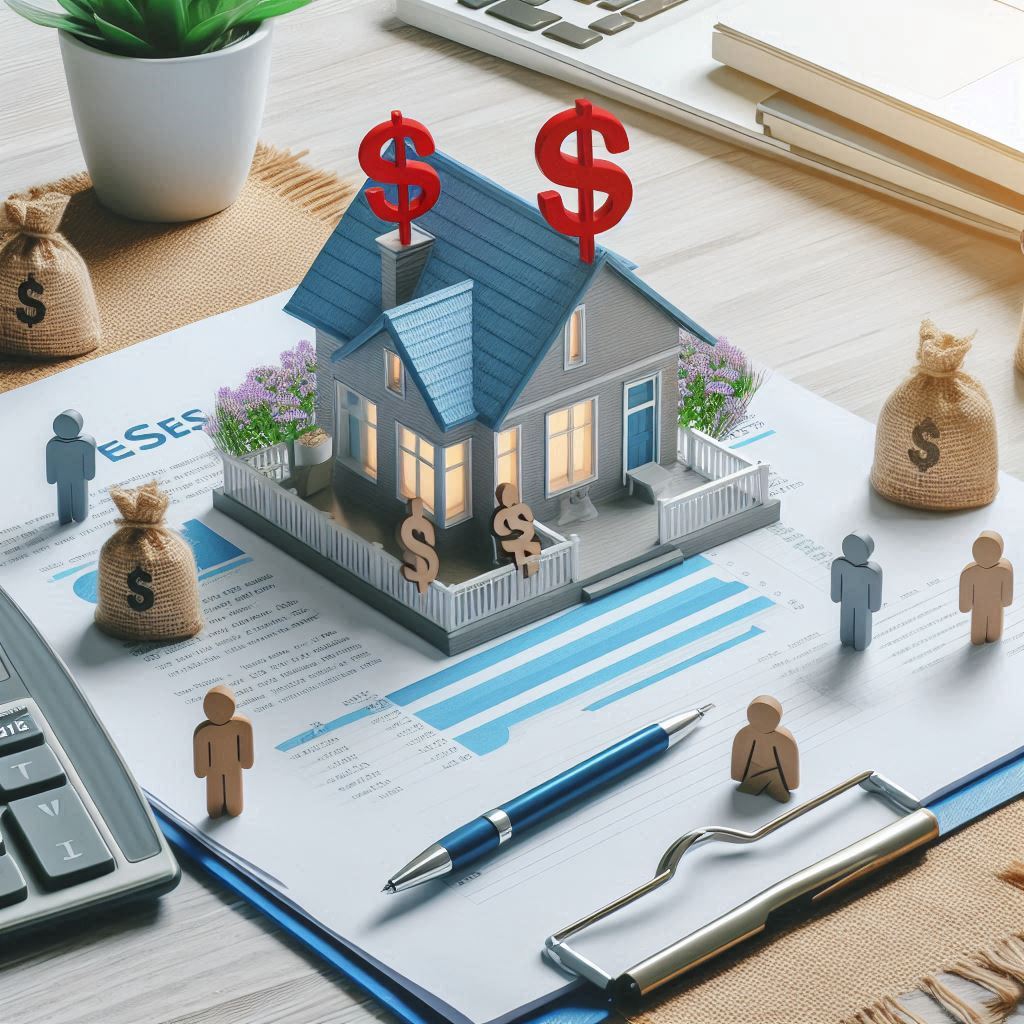When it comes to selling your home, one of the most critical decisions you’ll make is setting the asking price. Get it right, and you’ll attract potential buyers and maximize your profit. Get it wrong, and your home might linger on the market or sell for less than its true value. So, how do you determine the perfect price? Let’s break it down:
1. Analyze Comparable Sales (Comps)
Start by researching recent sales of similar homes in your neighborhood. These comparable properties (comps) provide valuable insights into market trends and pricing. Look for homes with similar square footage, features, and condition. Pay attention to both the sale price and the time it took for these homes to sell.
2. Consider Market Conditions
Market conditions play a significant role in pricing. Is it a seller’s market (low inventory, high demand) or a buyer’s market (more homes available)? In a seller’s market, you can be more aggressive with your price. In a buyer’s market, you might need to price competitively to attract interest.
3. Evaluate Your Home’s Unique Features
Consider what sets your home apart. Does it have a stunning backyard, a renovated kitchen, or a spacious master suite? These features can justify a higher price. Conversely, if your home needs significant repairs or lacks desirable amenities, adjust your price accordingly.
4. Get a Professional Appraisal
Hiring a professional appraiser provides an objective assessment of your home’s value. Appraisers consider factors like location, condition, and recent sales data. While their fee is an upfront cost, it’s an investment in pricing accuracy.
5. Consult with a Real Estate Agent
A knowledgeable real estate agent is your best ally. They’ll perform a Comparative Market Analysis (CMA), which includes comps and market insights. Agents understand local nuances and can guide you toward the right price range.
Remember: The Goldilocks Principle
Your asking price should be like Goldilocks’ porridge—not too hot, not too cold, but just right. Aim for a price that attracts serious buyers without leaving money on the table. Be prepared to adjust based on feedback and market dynamics.
Remember, selling a home involves more than just pricing. Staging, marketing, and negotiation skills also play crucial roles. If you have more questions, feel free to ask! 🏡✨

 Facebook
Facebook
 X
X
 Pinterest
Pinterest
 Copy Link
Copy Link
